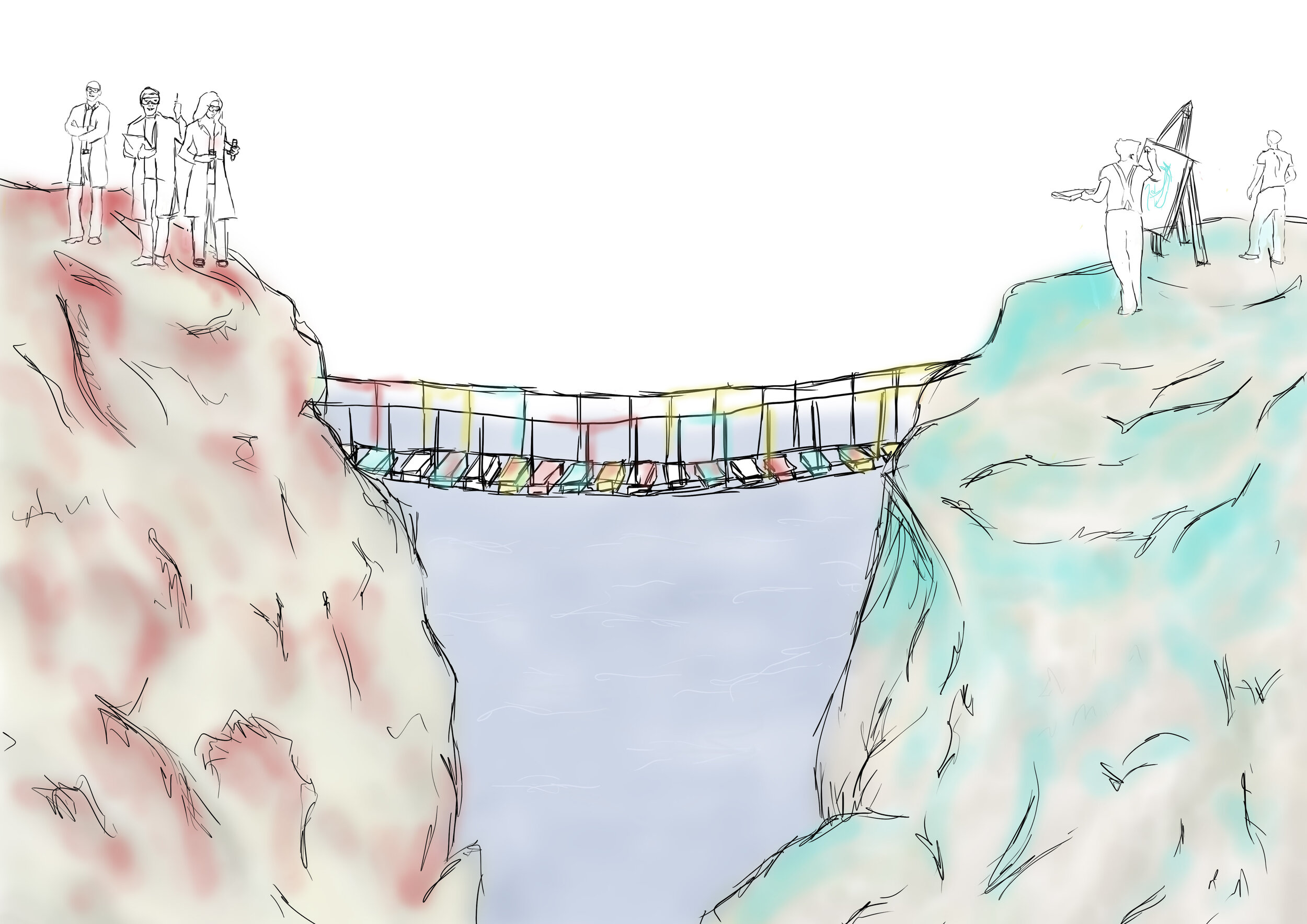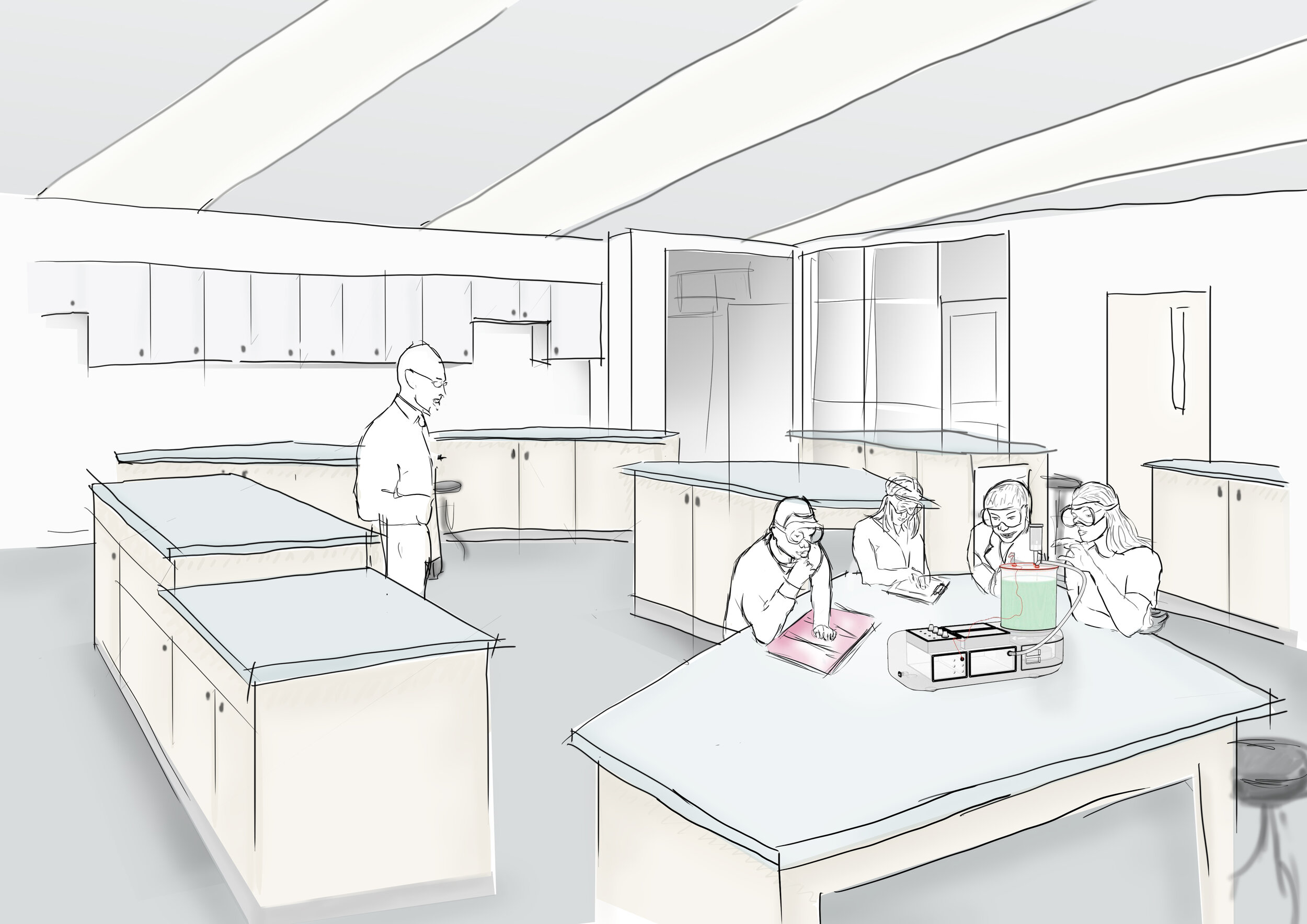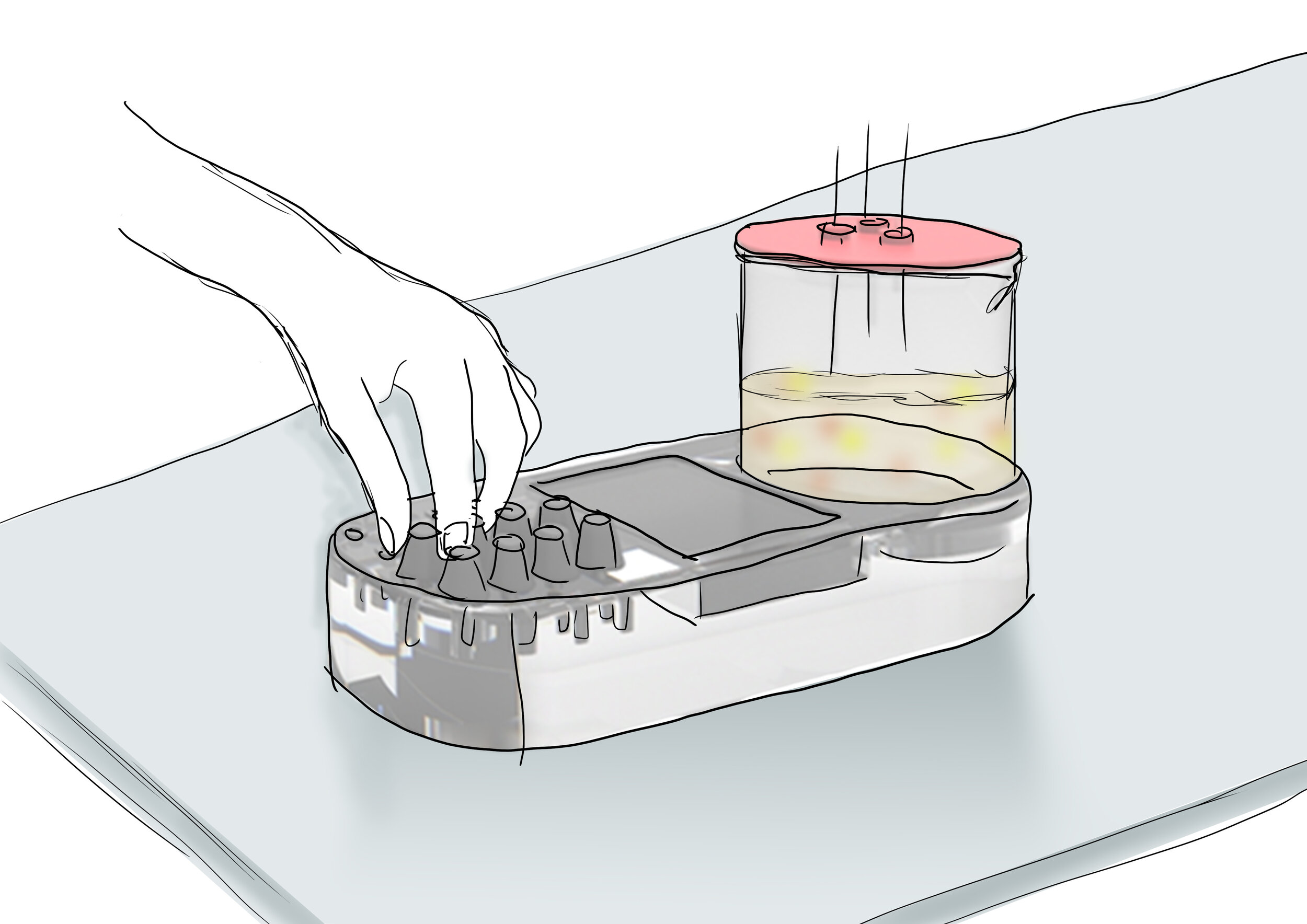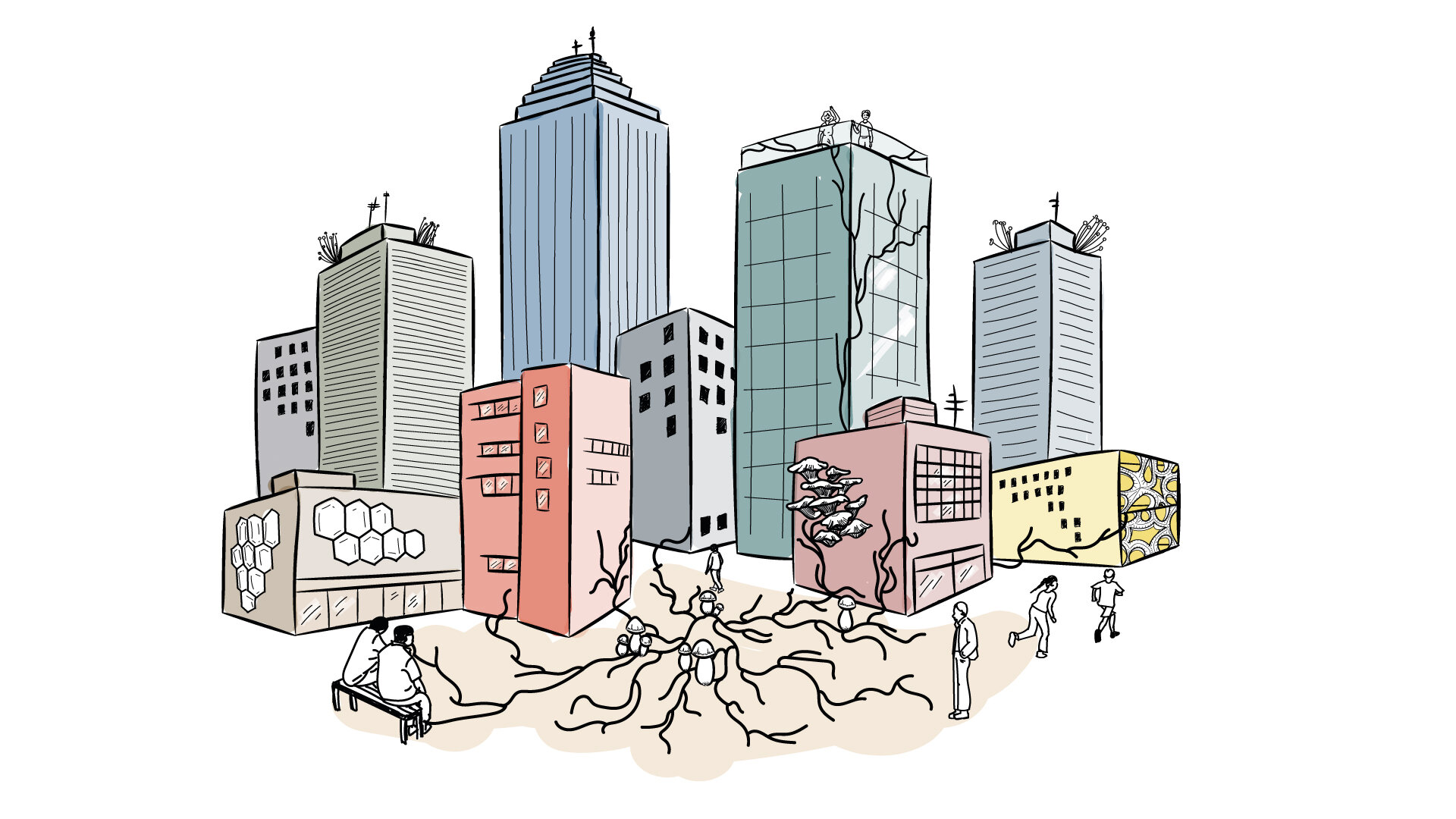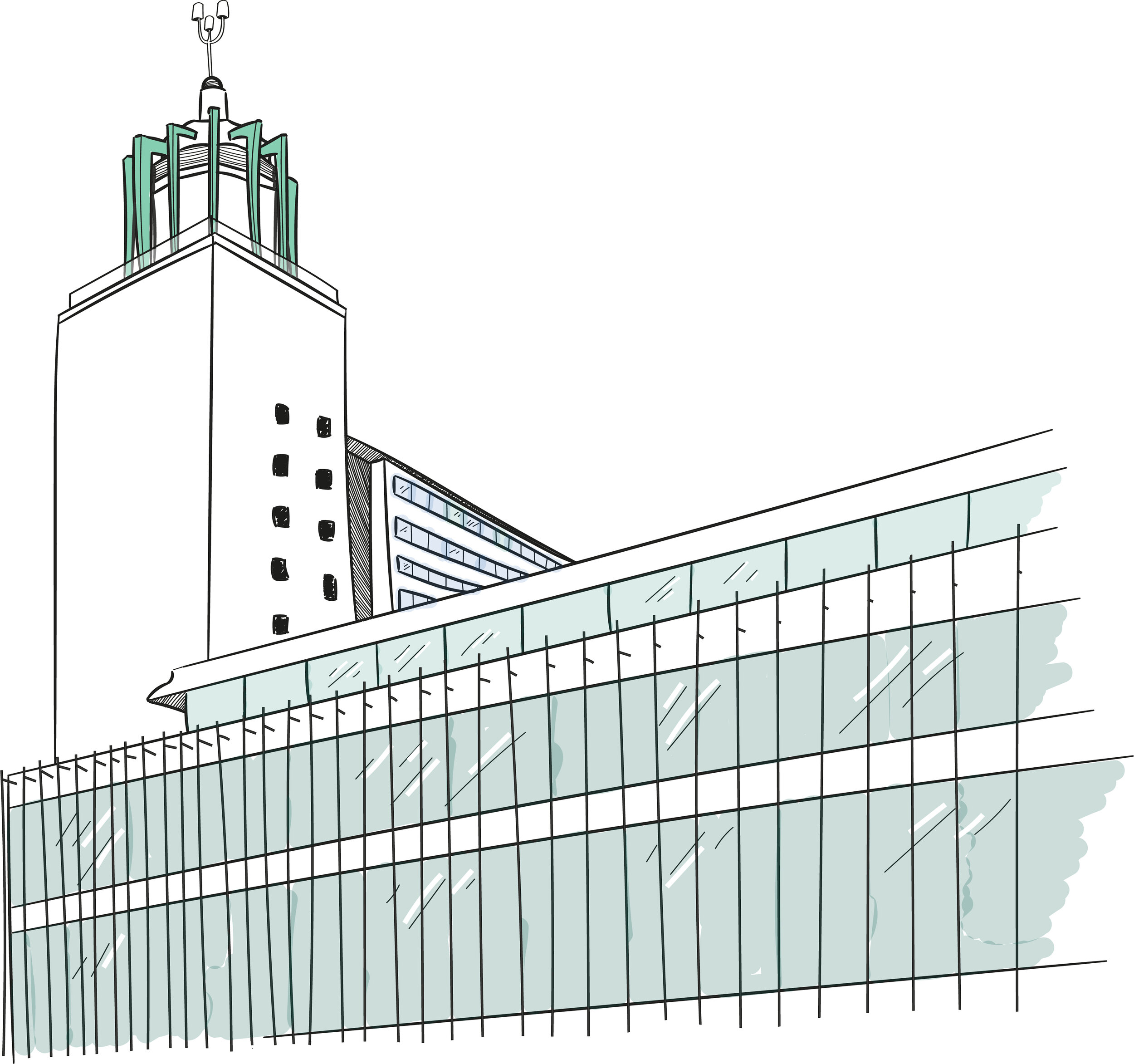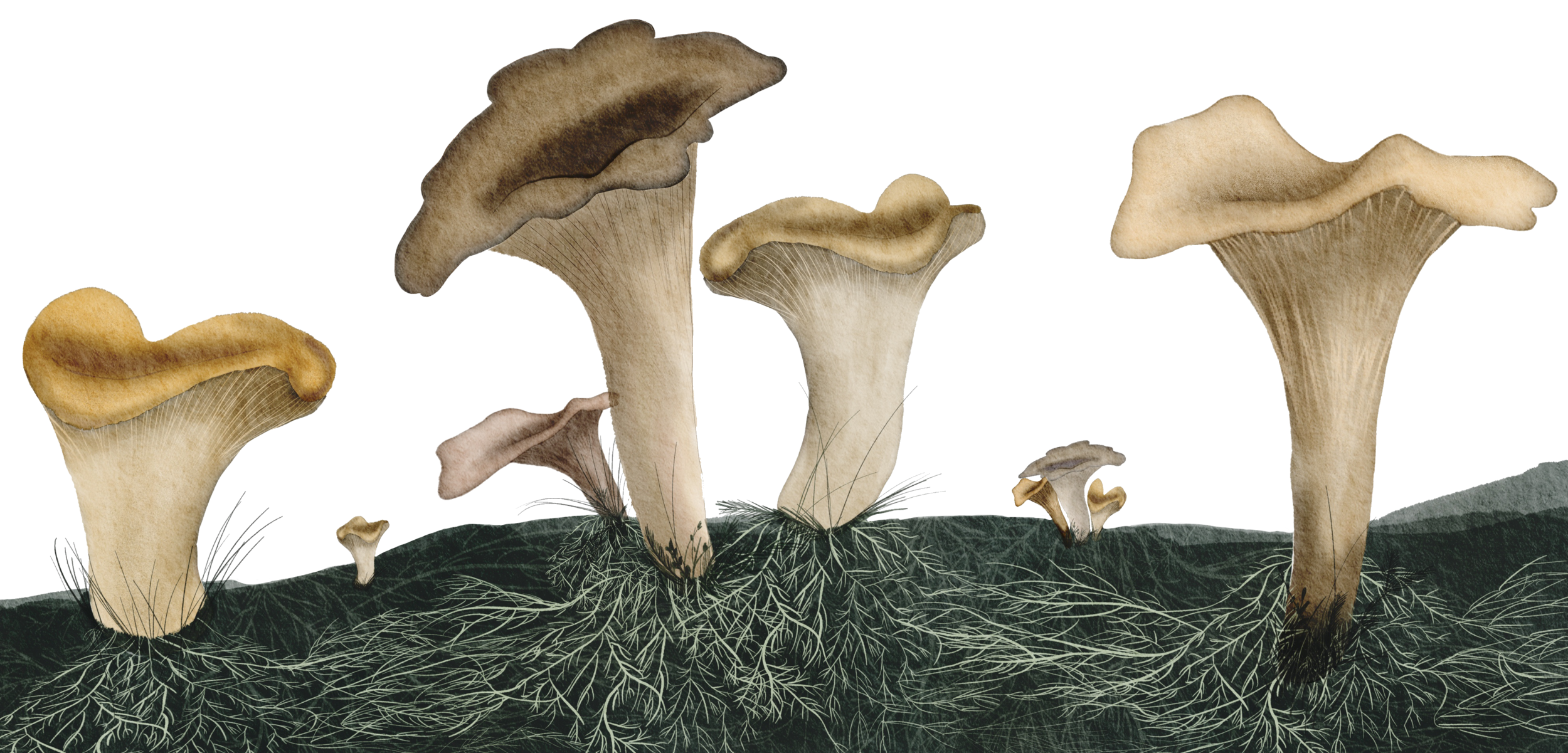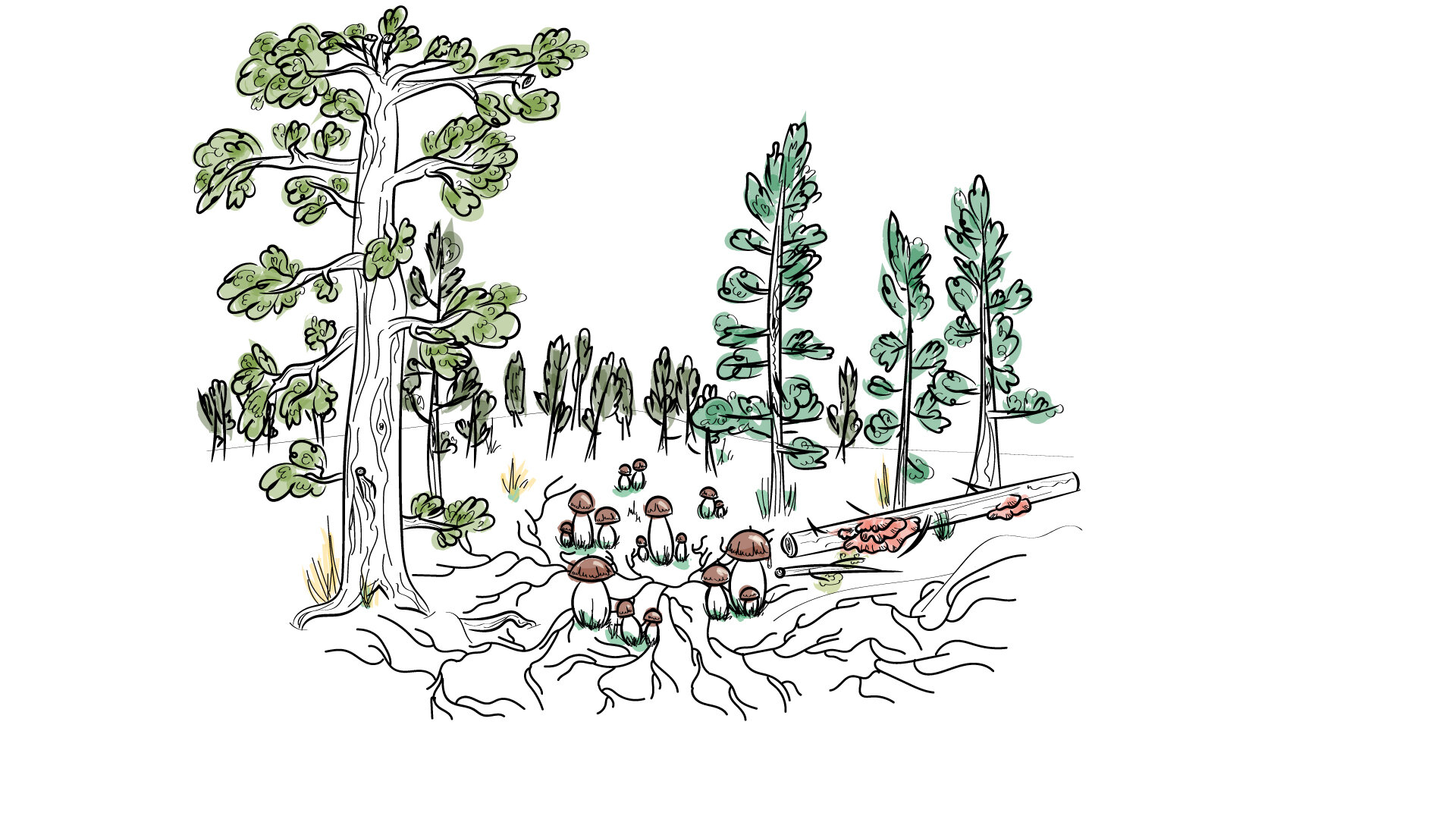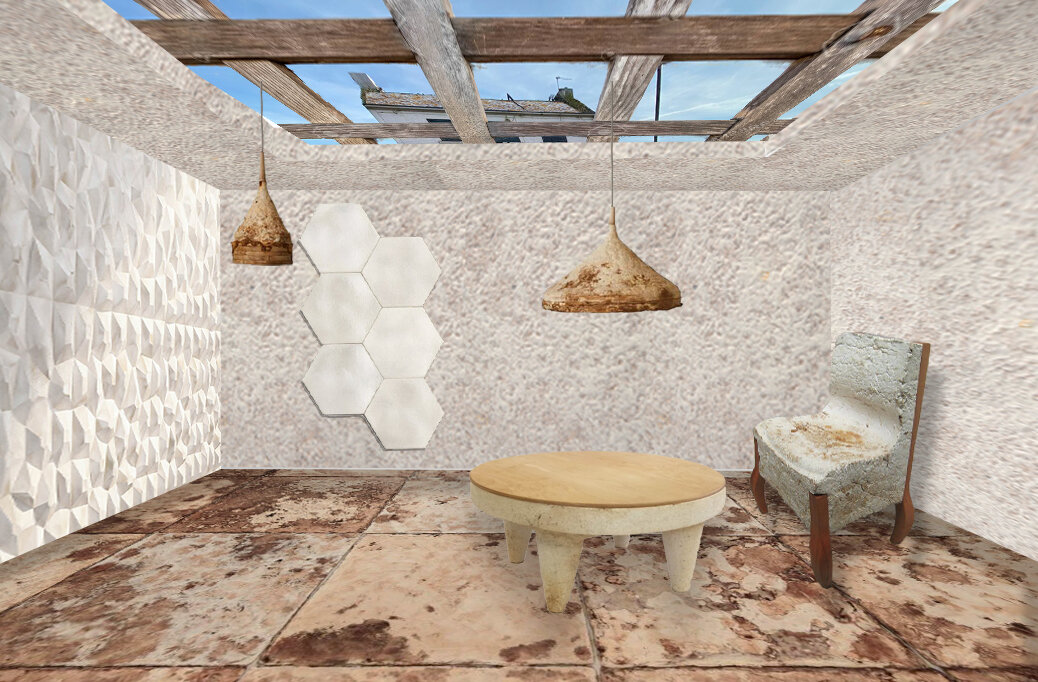Hub for Biotechnology in the Built Environment
PROJECTS | 2021
GeoBLoo
Florian Kincaid, Lakshay Nayyar
The project proposes a desalination system that uses microbes to provide potable water and sanitation to areas without reliable water infrastructure.
Finalist Team
Creative Culture
Alfred Jack Brown, Chloe Mcclements, Sarah Hawes, Tobias Fretwell, Vicente Theobald Baum
Creative Culture proposes an integrated curriculum within schools, starting with an unobtrusive solution which would fit into current lessons, integrating the sciences with art and design, to promote interdisciplinary design thinking at a young age. The team experiments first with a curriculum involving a bioreactor.
URBANIUM
Odeta Bondarevaite, Zuzana Hovorkova
URBANIUM proposes the reclamation of abandoned urban spaces by creating urban mycelium farms, to which local inhabitants bring organic waste to encourage mushroom growth. As a by-product, this produces mycelium building materials used to rebuild and repurpose the site according to community needs.
InstructorS - 2021
Martyn Dade-Robertson
Prof Martyn Dade-Robertson is the Professor of Emerging Technology at Newcastle University where he specializes in Design Computation with a special interest in emerging technologies––particularly Synthetic Biology. Martyn is the Co-Director of the HBBE and has degrees in Architectural Design, Architectural Computation, and Synthetic Biology. He is the author of over 30 peer reviewed publications including the book: The Architecture of Information published by Routledge in 2011. He is currently the editor for the forthcoming Routledge book series on Bio Design and has completed the first book Living Construction for publication in 2020.
Dr. Jane Scott
Dr. Jane Scott is a Newcastle University Academic Track Fellow (NUAcT) in Living Textiles. Her research focuses on the potential to design with biology using textile fabrication processes. As a textile specialist, her work challenges the established understanding of smart materials for architecture; applying principles derived from plant biology to the development of environmentally responsive textile systems composed of natural and sustainable materials. Before joining Newcastle, Jane was an academic in The School of Design at The University of Leeds and held a Visiting Research Fellowship in Biomimicry at Central Saint Martins (2016-2020). Her work has been exhibited internationally at design festivals and exhibitions and she has presented research at Massachusetts Institute of Technology, The Pompidou Centre in Paris, The Design Museum in London, and the Microsoft Research Centre in Cambridge.
Dr. Shafeer Kalathil
Dr. Shafeer Kalathil is a Vice Chancellor’s Senior Fellow at Northumbria University. His laboratory explores the interface of microbiology, material science, and engineering relevant to the development of microbial fuel cell and semiartificial photosynthetic systems for the sustainable production of fuels and chemicals from waste carbon. He obtained his PhD in Chemical Engineering from Yeungnam University (Cho Lab) where he worked on microbial fuel cells and microbial cell factories. During his tenure of Marie Curie Individual Fellowship at the University of Cambridge (Reisner Lab), he worked on semiartificial photosynthesis and microbial electrosynthesis. He was a Japan Society for Promotion of Science (JSPS) Fellow at the University of Tokyo (Hashimoto Lab) and a Postdoctoral Fellow at KAUST (Pascal Lab). He is a member of the Royal Society of Chemistry and the Royal Society of Biology. Currently, he is serving as a Review Editor of Frontiers in Microbiology and RSC Advances.
Dr. Angie Sherry
Dr. Angie Sherry is an Environmental Molecular Microbiologist interested in the function and community composition of microbes in the environment. Angie’s current research within the aims to decipher the role of microbiomes in the built environment in relation to human health and the impacts that environmental change or engineering interventions have had or will have. Angie’s expertise in traditional microbiological culturing techniques complements an array of skills in newer ‘omics’ methodologies. She enjoys working on collaborative ventures within interdisciplinary teams to determine which microbes are there (microbiome characterisation), how many microbes are there (microbial quantification), what role microbes are playing (microbial function), and how microbes interact (microbial translocation) within environments. Angie’s diverse research portfolio includes hydrocarbon bioremediation, oil field souring and corrosion studies, methane oxidation in sediments, carbonate formation in microbial mats, and carbon sequestration using waste minerals in soils.
Dr. Ben Bridgens
Dr. Ben Bridgens is a Senior Lecturer in Architectural Technology in the School of Architecture, Planning & Landscape at Newcastle University. Ben works at the interface of structural engineering, architecture, and design; critically examining ‘sustainable’ technologies and considering the potential of low-tech, traditional approaches. Collaborations with product designers, artists, and architects have enabled him to apply his technical expertise in material testing and characterization, material 'ageing', responsive materials, and lightweight tensile structures to broader questions of sustainable design, consumption, and the circular economy. Within the HBBE, Ben is leading the design and construction of an experimental house on the Newcastle University campus called 'the OME’, and co-leads the Hub’s’ Responsible Interactions’ theme.
Dr. Paul James
Dr. Paul James is interested in combining biochemistry, structural biology, metabolic engineering, and structural biology to develop bacteria into programmable cell factories that will act as the buildings metabolism with the HBBE. His early research has focused on the structural and biochemical characterization of enzymes from thermophilic sources and was done in collaboration with industry to help provide better biocatalysts for a range of different processes. In 2013 he was introduced to synthetic biology through the iGEM competition and, after moving to the Exeter Microbial Biofuel Group, his research focus shifted to look at the domestication of industrially relevant bacteria and how they could be used to produce 4th generation biofuels. His current research aims to use a multi"omic" approach to increase the number of tools available for novel non-model bacteria to increase their potential as hosts for biotechnological applications.
Dr. Meng Zhang
Dr. Meng Zhang is an Associate Professor in Microbial Biotechnology at Northumbria University. Her PhD was in Proteomics Studies of streptococcal pathogens and she worked on Biocatalysis as postdoctoral researcher for 8 years. More recently, Meng has established new interdisciplinary research interests––applying microbial biotechnology in the built environment, particularly in the fabrication of functionally graded biomaterials. She has worked on several UK research council funded projects, and is Co-leader for Living Construction theme in HBBE. Collaborating with architects, synthetic biologists, and civil engineers, she has published more than 20 peer reviewed articles on the related topics.
Thora H Arnardottir
Thora H Arnardottir is a PhD researcher and an experimental designer with a background in architecture. She also co-runs the collective BioBabes, a creative bio-centred research group with a cross-disciplinary approach that focuses on the exploration of biomaterials and biofabrication in design through interactive devices. Her work fosters the production of relationships of care for the living and is centred on the necessity to produce hybrid assemblages combining biotic agency with design concepts into innovative crafting techniques. Her current PhD research investigates microbially induced biomineralisation and focuses on the possibilities to implement the synthesis of a living material process in a collaborative manner.
Dr. Magda Theodoridou
Dr. Magda Theodoridou holds a PhD in Science for Conservation (University of Bologna, Marie Curie Actions) and a diploma in Civil Engineering (Aristotle University of Thessaloniki). Magda has worked as a research and teaching fellow in Italy, Hungary, and Cyprus, with scientific contributions to the design and development of novel construction materials and the innovative application of micro/non-destructive techniques. In 2018, she was awarded an MSC individual fellowship and moved to the UK to work at Cardiff University on self-healing geological materials and structures. Since March 2020, she has joined the Hub for Biotechnology in the Built Environment as a Newcastle University Academic Track (NUAcT) Fellow, focusing on novel biotechnological processes and applications for sustainable building and smart heritage conservation. She is the Chair of the Marie Curie Alumni Association (MCAA) Genders, Equity, Diversity & Inclusion Working Group (2018-present) advocating for EDI and promoting a responsible and ethical research environment.
Dr. Yunhong Jiang
Dr. Yunhong Jiang is a Vice-Chancellor’s Fellow at the HBBE. His research focuses on synthesis, design, and application of functional nanomaterials in the built environment, food packages, and biomedical applications; incorporating living organisms into design as building blocks and thermal insulation. He is also interested in the hygrothermal performance of the bio-based building materials and the interactions between microorganism cells and antimicrobial nanomaterials. Currently, his group works on developing thermally insulating materials based on environment-friendly or widely abundant raw materials with functional properties and investigating fundamental aspects of heat transfer- including moisture-dependence. His collaborative projects have extensively involved biologists, chemists, and engineers. He is a member of the Royal Society of Chemistry, Institution of Chemical Engineers, Microbiology Society, and a Certified Passive House Designer.
Ruth Morrow
Ruth Morrow is Professor of Biological Architecture. Her research, which is largely practice-based, encompasses both the material, the social, and the ecological. It is driven by an inclusive, feminist ethos and uses tactics of creativity, collaboration, and critical reflection. She has extensive experience in developing material ideas from concept through to commercialization, resulting in international funding, design awards, patents, exhibitions, and multiple citations. Ruth is also recognized for her expertise in design teaching and using creative projects as spaces of co-learning and social rehearsal. In HBBE, Ruth co-leads the theme: Responsible Interactions, overseeing the development of prototypes for the OME, whilst exploring the emerging territories of Biological Architecture.


